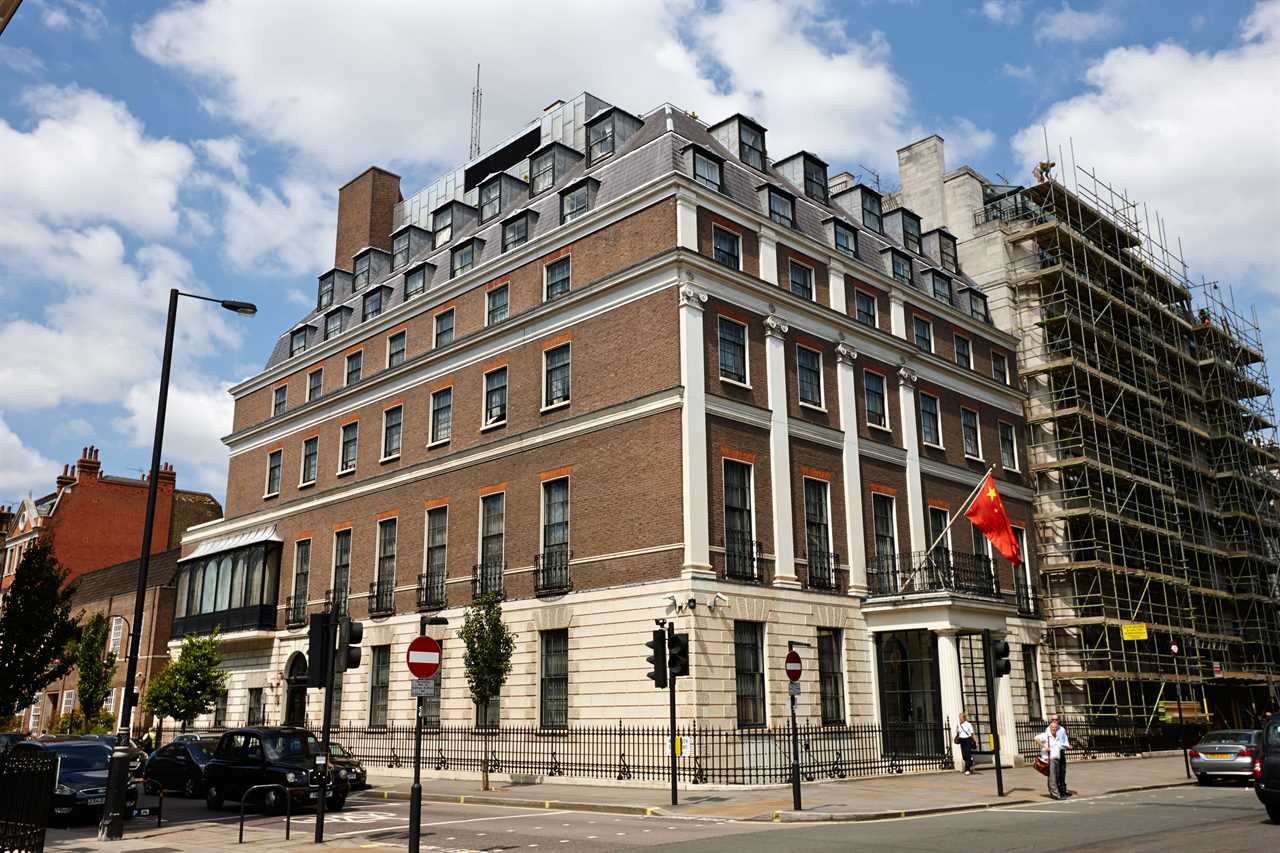
Amid escalating tensions, Labour faces accusations of facilitating a potential extradition agreement with China, raising fears of political activists being handed over to the Chinese regime. Bounty offerings of £100,000 have further complicated the situation, with concerns that proposed changes to the Extradition Act could enable the extradition of Chinese dissidents from the UK.
Analysis of Extradition Concerns
The alarm raised by Alicia Kearns, Shadow Minister for Home Affairs, highlights the pressing questions surrounding the UK's cooperation with Hong Kong and, by extension, Chinese Communist Party authorities. The shadow of political repression looms large over Hong Kong democracy activists residing in the UK, especially in the wake of the bounty campaign. Kearns' inquiry demands clarity on the safeguards in place to prevent the extradition of individuals targeted by the CCP under any new extradition arrangement.
The Wider Context of UK-China Relations
Accusations of a potential extradition deal with China underscore the delicate balance between diplomatic relations and human rights concerns. The growing influence of China as a global power poses challenges to Western nations, with the UK grappling with the ethical implications of aligning policies with a regime criticized for its crackdown on dissent and democracy.
Guarding Against Threats to Freedom
The discourse surrounding the extradition issue reflects broader anxieties about safeguarding democratic values in the face of authoritarian influence. Criticisms of the UK government's approach to China as acquiescent and submissive raise fundamental questions about the prioritization of human rights and the rule of law in international relations. The need to resist the erosion of freedoms in the shadow of autocratic regimes remains a paramount concern.

Ensuring Accountability in Foreign Policy
Amidst the allegations and denials, the public scrutiny of Labour and the government's stance on extradition policies underscores the imperative of transparent and principled decision-making in matters of international cooperation. Upholding accountability and ethical standards in foreign relations is essential to navigating the complexities of geopolitical dynamics while upholding democratic principles.
Labour's Security Minister Dan Jarvis has refuted the claims of facilitating an extradition agreement with China, emphasizing the party's commitment to upholding human rights and democratic values in its approach to foreign policy.
In a landscape fraught with geopolitical tensions and ethical dilemmas, the need for a nuanced and principled approach to international relations is more crucial than ever. Balancing diplomatic imperatives with moral obligations is a delicate task, requiring vigilance and accountability to ensure that policies align with the values of democracy and human rights.






